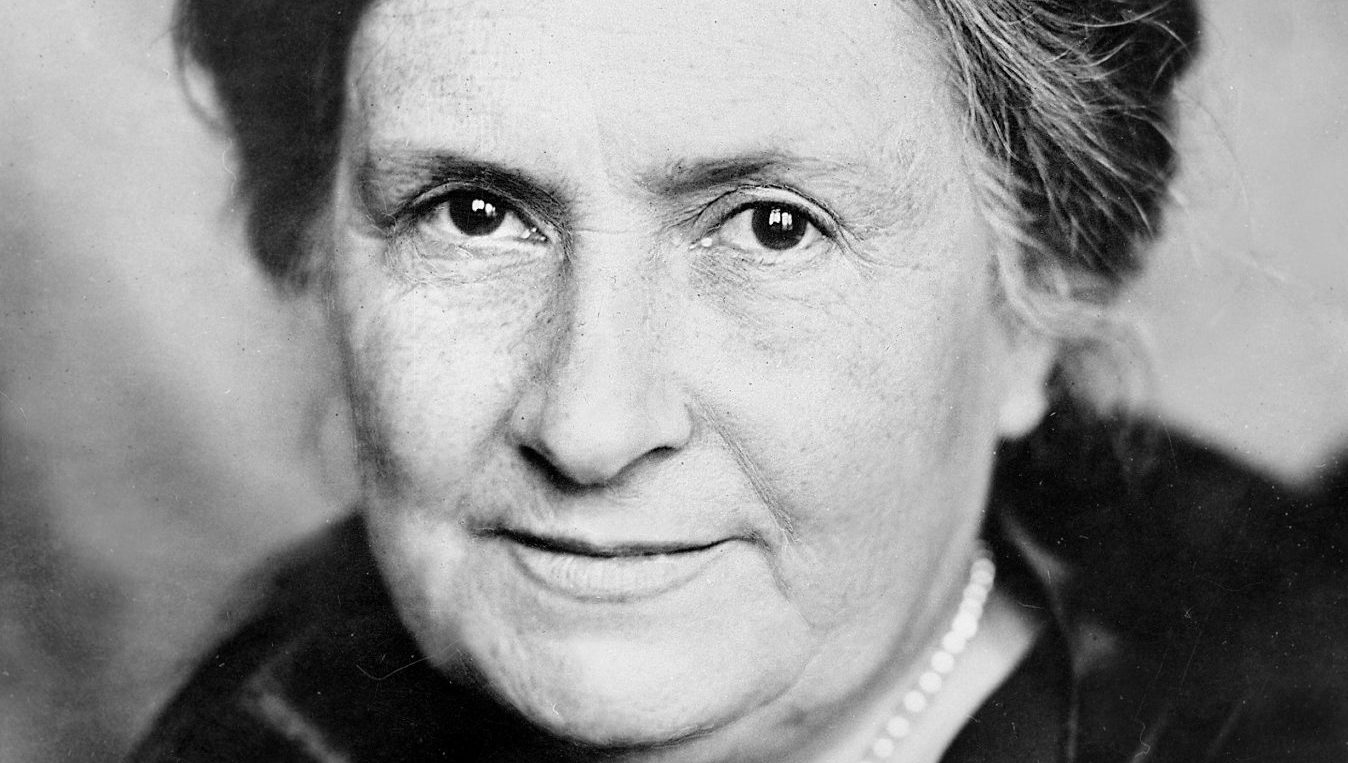Some years ago, while walking round the city-centre shops in the middle of the morning, in my capacity as a retired person, I could not help noticing that on more or less every street I was encountering something I really did not expect to meet at that time of the day: passion!
Several of the restaurants I passed were telling the world that they were “cooking with passion”. One particular estate agent claimed to be “passionate about property”.
There was a passionate ladies hairdressers, and more than one coffee bar announcing a passion for that brew. A number of other shops were also apparently very passionate about what they were selling. It is clearly the trend these days for businesses run by enthusiastic younger people to be publicly and unabashedly consumed by fervour.
It is only fair to say that I could see no public declarations of passion outside the fishmongers, or the greengrocers, or the butchers. There was probably no need for the people who run these traditional establishments to indulge in excessive self-praise, as everyone already knows how good they are at providing quality produce.
I do not suppose that any of those passionate young businesspeople would be less keen on publicly proclaiming their enthusiasm if they were aware of the original meaning of the word passion. But it is interesting for linguistic scientists to observe the developments which the meaning of this particular word has undergone over the last thousand years.
The word passion came into English from Classical Latin via 13th-century Anglo-Norman passioun “suffering”, which referred particularly to the sufferings and death of Christ on the cross. It came from Old French passion “physical suffering”, from Late Latin passionem “suffering, enduring”. The Ancient Greek word pathos is a related form with the same meaning; Modern Greek patháino means “I suffer”.
The earliest meaning of passion in English, too, was “suffering”, again originally most often used in connection with Christ; in due course it became associated with stories of the sufferings of Christian martyrs generally. Johann Sebastian Bach’s sublime Matthäus-Passion (St Matthew’s Passion) and Johannes-Passion (St John’s Passion) are sacred oratorios which very much come into this category of story.
By 1400 the English word passion had acquired the narrower meaning of “a painful disorder, ailment, physical affliction”. But by the 16th century it could in addition signify “strong emotion” such as desire, hate, anger, rage and fear: in 1524 Sir Thomas Wolsey, the statesman and Catholic cardinal who was a close ally of King Henry VIII, certainly used it in this way, writing “whatsoever they might speak in passion”.
By the 17th century, the word seems to have started acquiring connotations to do with sexual impulses. In Paradise Lost (1667), Milton wrote of “wanton passions”. And in 1913, DH Lawrence wrote in Sons and Lovers: “still yearning, she was half aware of his passion, and gazed at him, troubled”.
According to the Oxford English Dictionary, the adjective passionate as used of a person means “susceptible to or readily swayed by passions or emotions; easily moved to strong feeling; of changeable mood, volatile”.
It would be good if we could be assured that our friends who are “cooking with passion” are not in pain, and are managing not to be too volatile about it.
WANTON
Wanton “resistant to control; wilful” is a word with an unusual history. It is thought to come from the Middle English word wantowen “rebellious”, which is composed of Old English wan- “lacking in” plus togen “training”. Togen is related to tow in the sense of “drag, control”.




